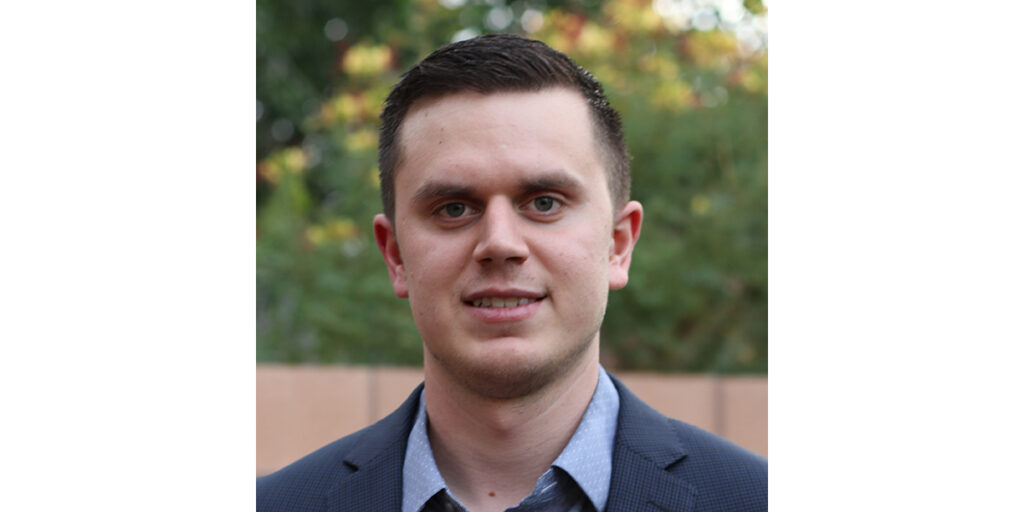News
EquiSeq Names New CEO, Signs Licensing Deal with CAG.

By Collin Krabbe – Technology reporter , Albuquerque Business First
Jul 23, 2018, 2:33pm MDT
Albuquerque-based biotechnology company EquiSeq has been busy with two new developments: the hire of a new chief executive and a fresh licensing agreement.
Alex Hafez is the firm’s new CEO. He is pursuing a dual-degree from the University of New Mexico in business administration and biomedical science. “I think research is really interesting… [but] I’m more interested in management of biotech companies,” Hafez said. “Growing up, I’ve always found myself in positions of leadership.”
The 26-year-old Oregon native said being educated in both the business and science fields gives him a different perspective on the cost of conducting research and development for a private company. The new CEO will not earn a salary in his new position, but will rather be given an undisclosed amount of equity in the company.
Business First reported in January that the firm’s previous CEO, Lexi Palmer stepped down due to concerns about the distribution of funds in Albuquerque’s startup scene.
Hafez said his appointment comes at an exciting time for EquiSeq, which produces genetic tests for horses. The firm just entered into an exclusive licensing agreement with Germany’s Center for Animal Genetics, according to Chief Scientific Officer Paul Szauter.
“This was one odd,” Szauter said, adding that prior to the agreement, he was expecting that the company was going to have to publish their discoveries in a peer-reviewed journal before striking a deal. But that was not the case. “These guys really wanted the exclusive marketing rights [for the European market].”
Szauter declined to disclose the exact amount of the contract’s worth, but did saw that in addition to an upfront payment, EquiSeq will receive a certain percentage of sales from the Center for Animal Genetics. That amount, he said, is less than 10 percent.
“That percentage is about as much as we’d take home [after] setting up over there [in Germany],” Szauter said.
According to the American Horse Council, an association that works with federal agencies on issues impacting the equine sector, the U.S. horse industry had an economic impact of approximately $122 billion and support 1.74 million jobs.
EquiSeq is making other efforts as well. Just this week, the company is planning to file more product patents. Other potential deals are also on the horizon.
“We’re working with several breeders now,” Szauter said, confident that several licensing deals would be made once their research was published in a scientific journal.
Also on the docket is a product that will screen for the “X-factor,” or an enlarged heart, one of the main factors behind decorated racing horse Secretariat’s dominance, according to Hafez.
But Szauter, while excited for the future, is anticipating “massive pushback” from breeders not dependent on fast, accurate genetic testing but rather the hope that a stud will pass on favorable genes to its offspring.
“The horse community will fight back,” Szauter said.
Share this post
From the blog
The latest industry news, interviews, technologies, and resources.
Experienced Equestrian Joins EquiSeq Board
Albuquerque, New Mexico, USA June 20, 2025 EquiSeq, a leader in developing genetic…

